Because of duty-free trade, Indian infrastructure businesses are increasingly pursuing projects in Africa.
Unlike in other parts of the globe, intra-Africa commerce has remained low throughout time. Furthermore, Africa accounts for just 2% of world commerce. African countries created the African Continental Free Trade Area (AfCFTA) in 2021, with the goal of creating an unified African market for free movement of commodities, services, labour, and money, as well as increasing intra-African trade. AfCFTA may be able to give some chances for Indian enterprises and investors to get into a larger, more united, and powerful African market. This paper outlines those opportunities, as well as the associated problems, that must be addressed for India to integrate into the African economy.
A free trade agreement provides duty-free commerce within a defined region, and members establish their own tariffs on non-member goods. The Organisation for Economic Cooperation and Development (OECD) defines a free trade area as "a grouping of countries within which tariffs and non-tariff trade barriers between the members are generally abolished but with no common trade policy toward non-members." Countries in close geographical proximity frequently enter into preferential trade agreements that allow member countries outside the boundaries of sov to trade with them.
The AfCFTA is the subject of this paper. It lays forth the AfCFTA's advantages and contrasts them with the problems. It then goes into how India may make the most of the agreement's possibilities.
Following independence, the African continent began to participate in commercial integration with the formation of the Organization of African Unity (OAU) in 1963, which included 32 nations. Promoting understanding and collaboration among the member nations was the cornerstone of this endeavour at integration. The goal of integration in the early years was primarily political. Over the course of a few decades, commercial and economic interests rose to prominence, with the goal of fostering African self-sufficiency. In 2002, the African Union took over the OAU to strengthen the continent's commercial integration.
With 55 member nations, the African Union is now the world's largest regional organisation. One of its purposes is to encourage free commerce inside Africa, and it resolved to create a free trade zone in 2012. As a consequence, the African Continental Free Trade Area (AfCFTA) was adopted and signed in 2018.
The AfCTA is a preferential arrangement that combines a Free Trade Agreement and a Protocol for Free Movement of Persons. It is considered a flagship initiative of the bigger plan known as the Africa's Development Framework Agenda 2063. It went into effect last May, and trading under the AfCFTA commenced on January 1, 2021. The AfCFTA has been approved by 37 nations as of July 7, 2021. The AfCFTA's scope includes tariff reductions, the elimination of non-tariff obstacles, and the encouragement of free movement of persons and goods. With a market economy of approximately 1.2 billion people, it is one of the world's largest free trade zones.
This is the first trade deal that encompasses almost the whole continent. Prior to this, there had been a number of regional/zonal groupings within Africa, as well as agreements between select nations organised as a Customs Union with an uniform external tariff. The Common Market for Eastern and Southern Africa (COMESA), for example, is a customs union that was established in 1994 and currently comprises 21 African countries as members.
The Economic Community of Western African States (ECOWAS), which is also a customs union, was established in 1995. Southern Africa, Eastern Africa, and Central Africa all had comparable unions. As a result of favourable agreements, Africa's many zones are already linked. The AFCFTA builds on past regional cooperation accords with the goal of creating a single market for Africa and achieving a better level of integration for people and capital mobility.



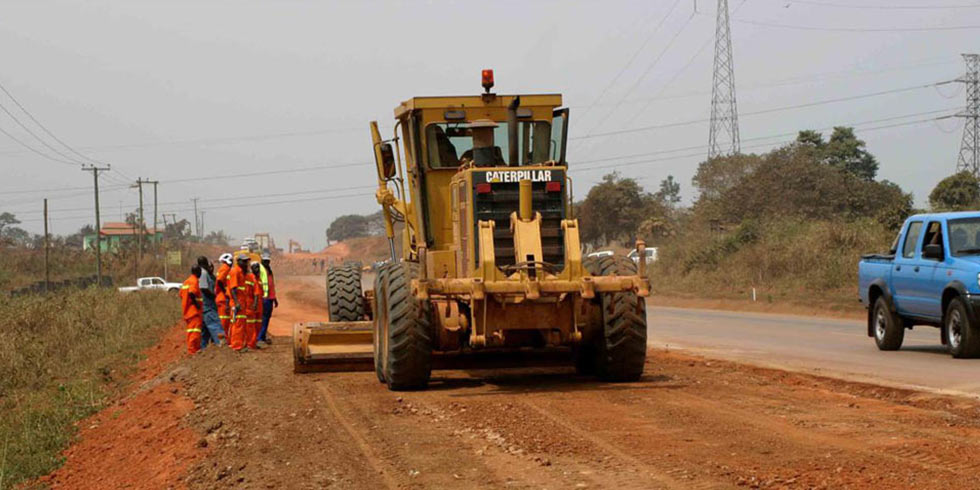
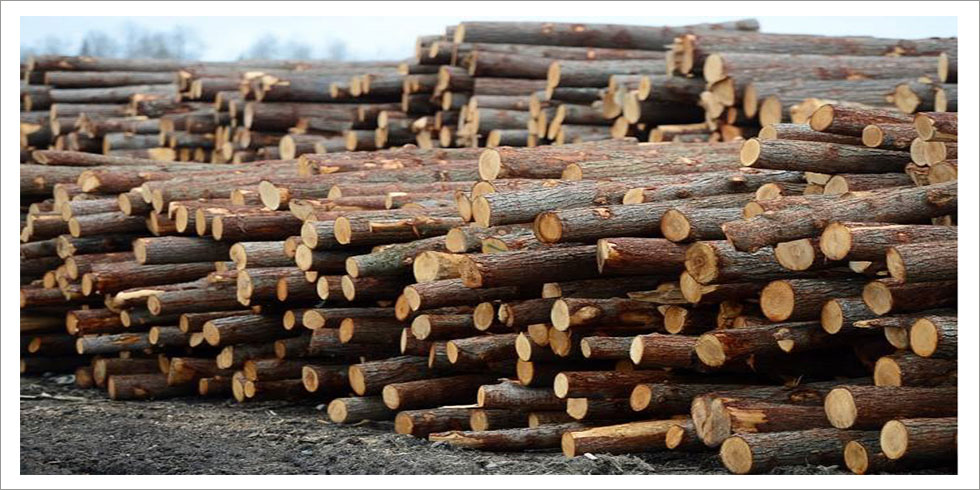
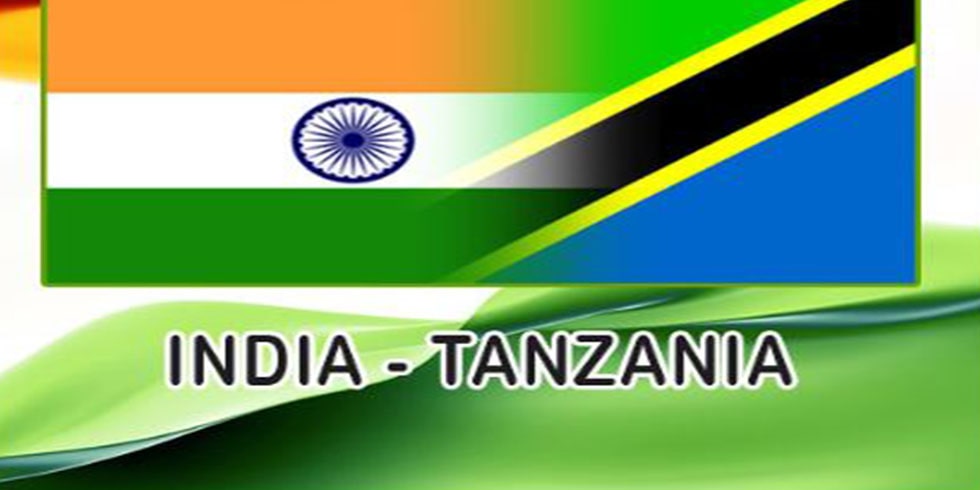
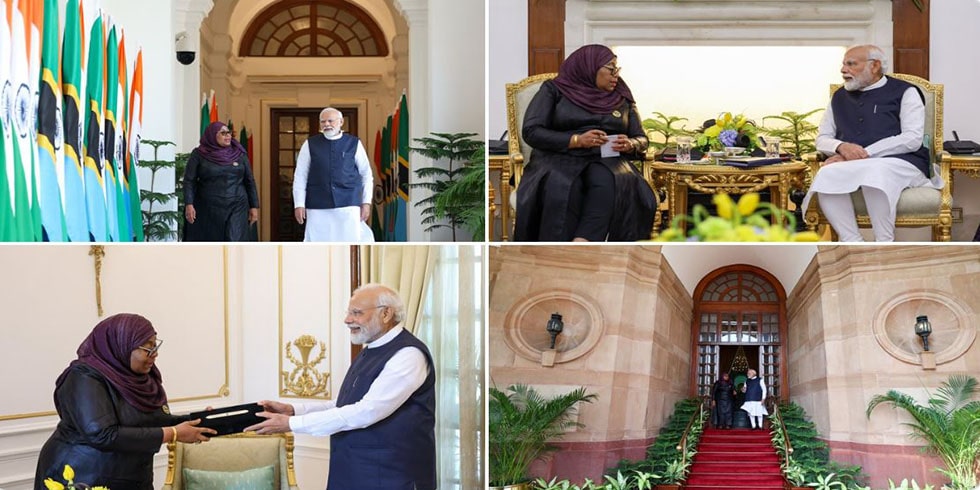
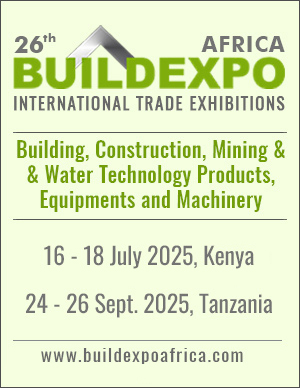


Add Comment